Vehicle sales are expected to hit a new high this year in China amid fierce competition, a trend that analysts anticipate will escalate in 2025 in the world's largest vehicle market.
December is expected to see sales exceed 3 million units, with 2024's total car sales likely surpassing 31 million due to favorable trade-in policies and carmakers' ongoing promotions, said Chen Shihua, deputy secretary-general of the China Association of Automobile Manufacturers.
New energy vehicle sales in December will reach 1.4 to 1.5 million units, with total annual sales approaching 13 million units, he said.
Chen gave the estimates on Wednesday, when the CAAM said vehicle sales reached 3.32 million units in November, up 8.6 percent month-on-month and 11.7 percent year-on-year.
NEVs were the main driver, which hit a record in November with 1.51 million units sold, a 47.4 percent year-on-year increase. NEVs accounted for 45.6 percent of total new vehicle sales in that month.
From January to November, a total of 11.26 million NEVs were sold, a 35.6 percent year-on-year increase, accounting for 40.3 percent of total new vehicle sales.
The rise in sales was partly driven by the trade-in policy, Chen said.
Currently, consumers trading in an old car for an NEV are entitled to a 20,000 yuan ($2,781) subsidy, while those opting for a new fuel-powered car will receive 15,000 yuan.
China's auto trade-ins exceeded 5 million units as of Dec 9, under a mass renewal program initiated early this year, according to the Ministry of Commerce.
The CAAM noted that the trade-in policy has significantly boosted passenger NEV sales, with domestic sales accounting for more than 50 percent for six consecutive months since June.
Leading automakers have seized the opportunities and seen their sales hit record levels.
BYD sold 506,800 units in November, up 67.9 percent year-on-year, marking its second consecutive month above 500,000.
The automaker's deliveries of the first 11 months stood at 3.76 million, having exceeded its full-year target of 3.6 million.
Geely Auto achieved a record high in November with 250,100 units sold, up 27 percent year-on-year.
From January to November, its cumulative sales reached 1.97 million units, ensuring the company to surpass its annual target of 2 million units.
While the giants are thriving, some smaller companies are struggling.
Baidu-Geely car-making joint venture Jidu Auto said on Wednesday that it will scale down operations, cut projects that would not contribute financially, and pursue fresh capital.
But later that day, employees were suddenly told they could either quit by Friday, with a package to be paid in February, or stay and work, but their pay would be suspended for an unknown period of time.
Angry employees surrounded CEO Xia Yiping when he came to the office in Shanghai on Thursday, demanding answers.
Late that night, Baidu and Geely transferred around 60 million yuan to Jidu, a sum that is not enough to solve its problems, according to Chinese reports. Jidu delivered just 14,000 vehicles this year.
Jidu is the second Chinese automaker this month to take drastic measures amid worsening financial conditions. Neta Auto has not disclosed its sales data since October, raising concerns.
Fang Yunzhou, chairman of Neta's parent Hozon, told employees that the company would undergo optimization, reorganization and efforts to simplify its management structure.
Neta has faced layoffs, store closures, salary cuts and late payments since October. Fang also now functions as Neta's CEO following Zhang Yong's exit because of lackluster sales.
Neta has been sued by a public relations company which claimed that it completed contracts of publicity and advertisement but Neta has not made payments.
Industry analysts noted that the next three to five years will be pivotal for smart EVs, with a fierce race in technology, products and delivery, putting many automakers at risk of closure or restructuring if they cannot keep up.
Some automakers may hold on this year, but industry experts said that 2025 will be a turning point for the automotive industry.
Lang Xuehong, deputy secretary-general of the China Automobile Dealers Association, said the competition brought about by the ongoing car price war has also squeezed auto dealers, making their survival tougher.
In November, dealerships of luxury brands such as Audi and BMW were frequently shutting down due to substantial losses in new car sales, exacerbating their cash flow problems and intensifying their fight for survival.
Lang noted that more than 4,000 authorized dealerships are forecast to close by the year's end, surpassing new openings. Between 2020-23, more than 8,000 authorized dealerships closed.
UBS chief automotive analyst Paul Gong predicted that the price war would likely intensify by the first quarter of 2025. Potentially, it could be more intense than previous rounds of price cuts, said Gong.








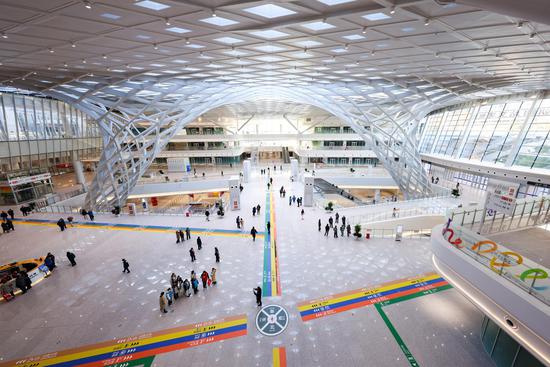


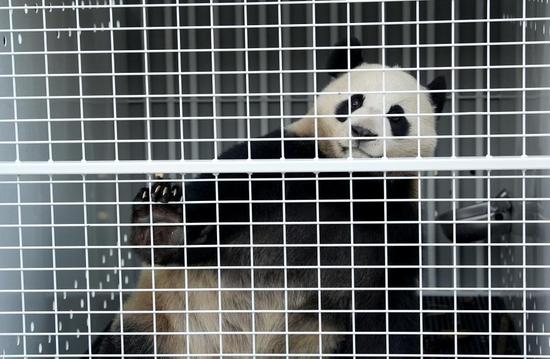
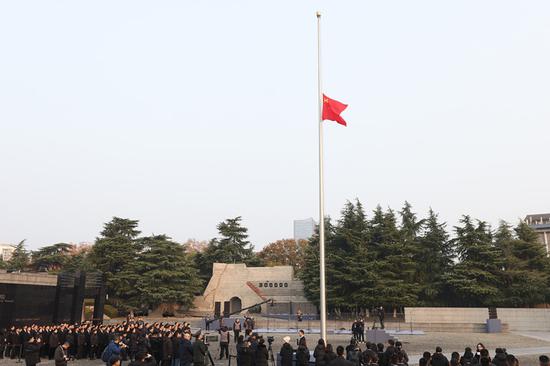
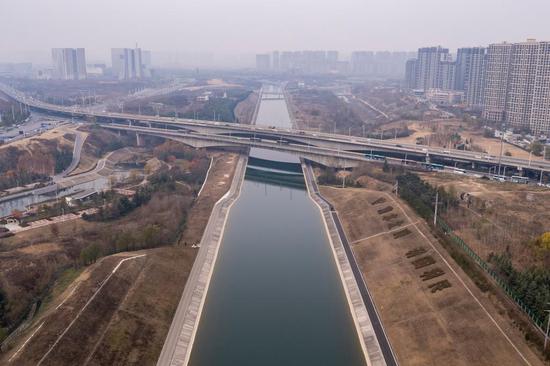

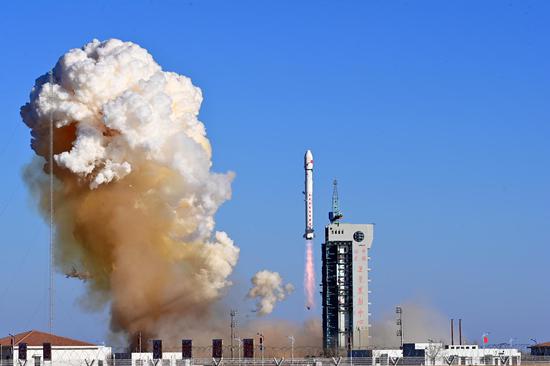





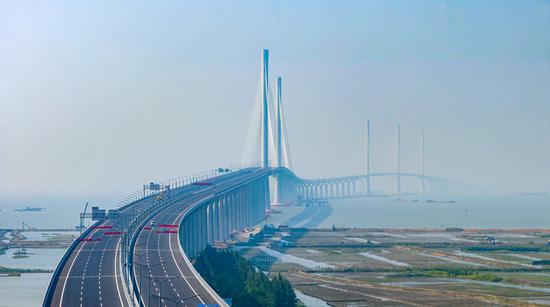




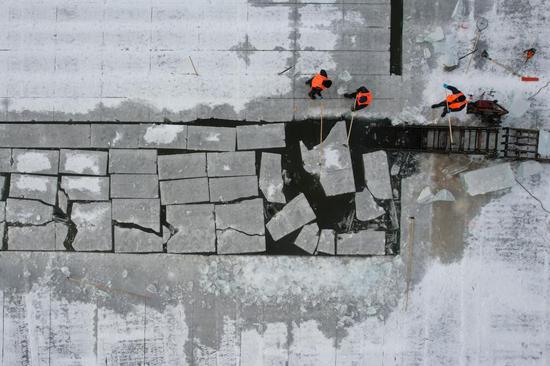


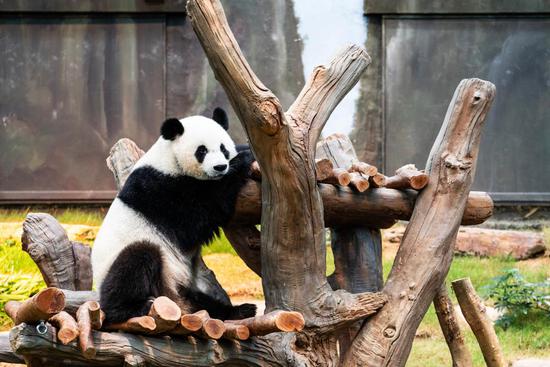

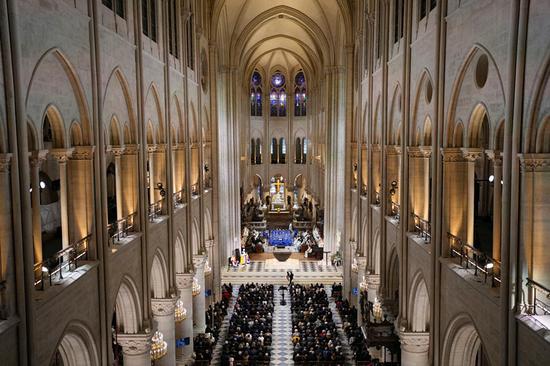

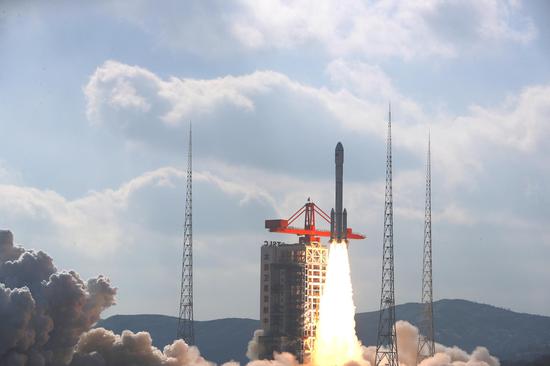

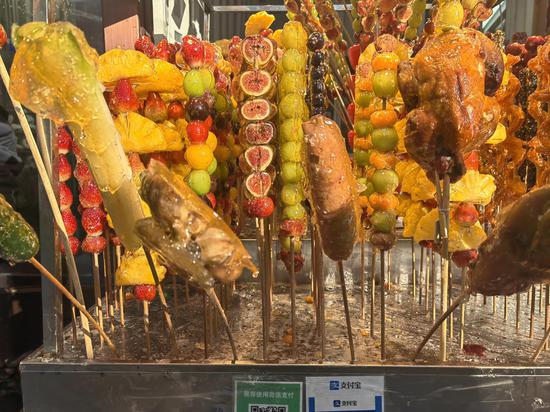

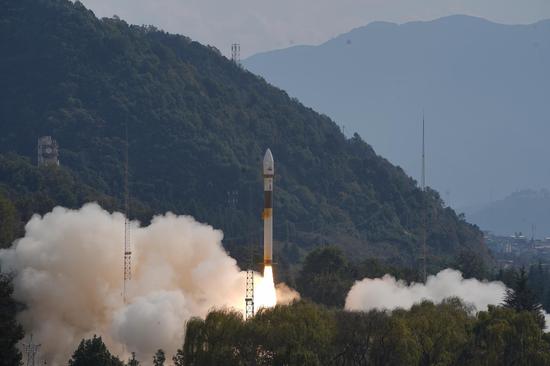
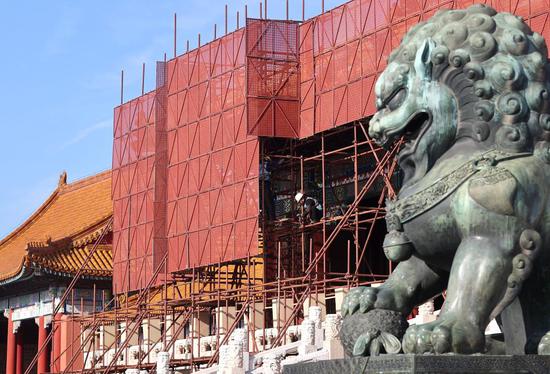
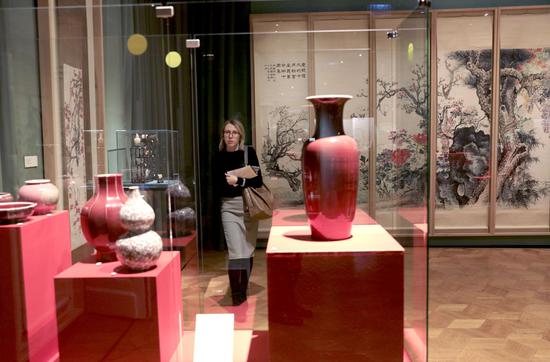

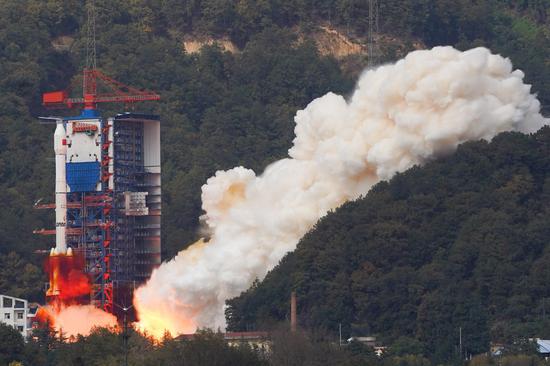
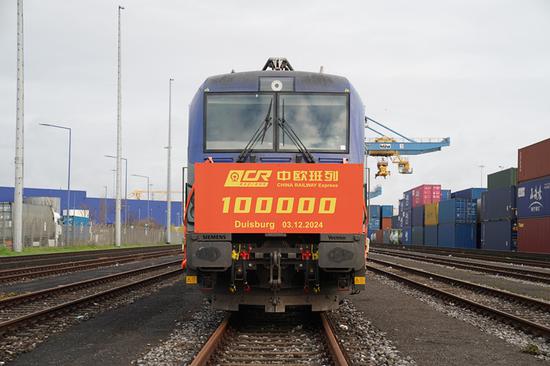
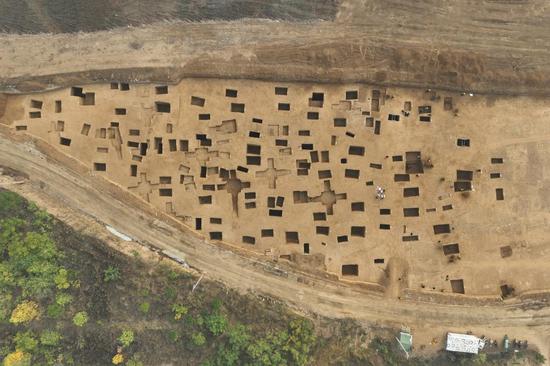
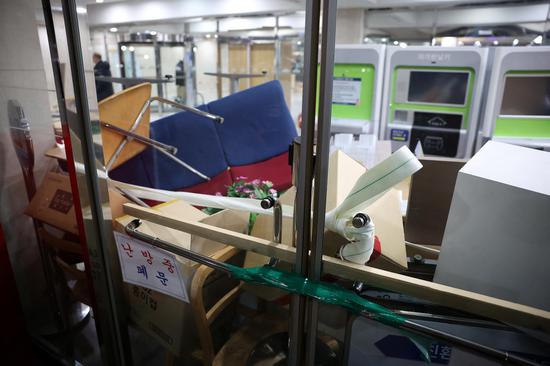





 京公网安备 11010202009201号
京公网安备 11010202009201号